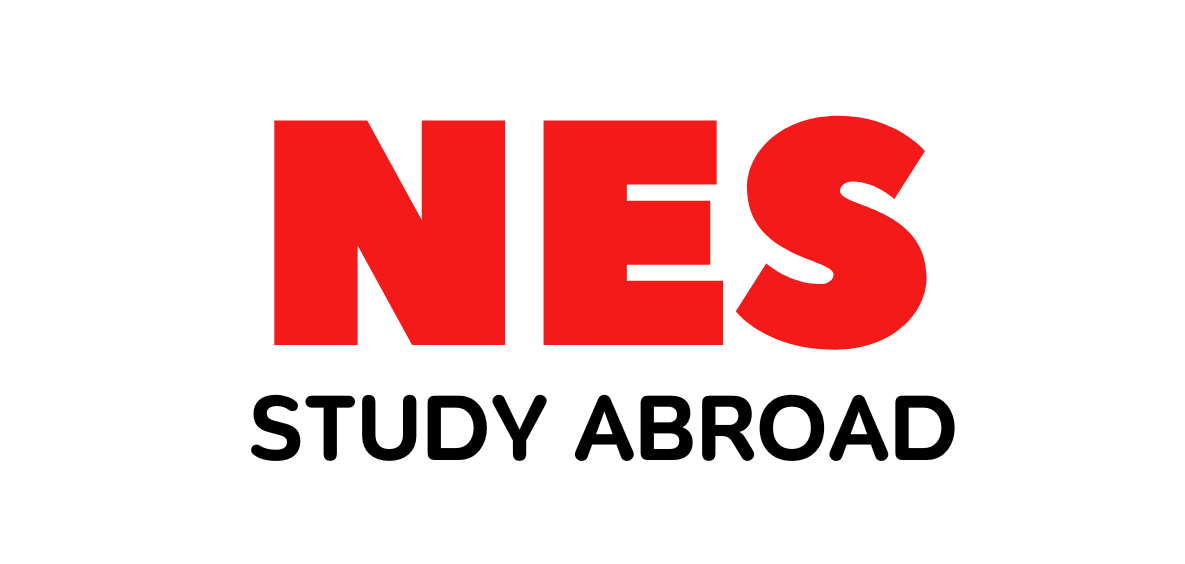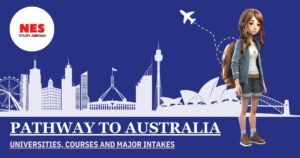Known for its stunning scenery, vibrant culture, and world-class education system, Canada has become a top choice for international students looking for a life-changing academic experience. If you’re considering studying abroad, especially in Canada, this in-depth blog will show you the ins and outs of the world-class education process and explain everything you need to know about the intake in Canada process.
Exploring the Canadian Education Landscape
Canada has one of the most brilliant and high standards education systems in the world. From top-notch universities to cutting-edge research facilities, students find themselves immersed in an environment that fosters innovation and academic excellence.
When considering a study destination, the wide array of programs and disciplines in Canadian institutions is a major draw. Whether your passion lies in engineering, arts, sciences, or business, Canada offers a plethora of options to cater to diverse academic interests. The emphasis on hands-on learning and research opportunities ensures that students, who wish to secure education in Canada, graduate not only with a degree but with practical skills that are highly valued in the global job market.
Understanding Intake in Canada
One crucial aspect of planning your educational journey in Canada is understanding intake in Canada. Unlike some countries that follow a single annual intake, Canadian universities typically offer two major intakes: Fall and Winter.
- Fall Intake (September): The Fall intake is the most common intake considered amongst international students. It aligns with the beginning of the academic year and offers a wide range of programs. Planning for the Fall intake allows students to experience Canada during its vibrant autumn season and integrate seamlessly into the academic rhythm.
- Winter Intake (January): The Winter intake is an excellent alternative for those who miss the Fall deadline or prefer a slightly different academic calendar. Although fewer programs may be available during the Winter intake, it provides an opportunity to start afresh in the new year.
Navigating the Application Process of Canada
The application process is a pivotal step in your journey to study in Canada. Here’s a step-by-step guide to help you navigate this crucial phase:
- Research and Choose Your Program: Begin Start by looking at colleges and universities that are compatible with your educational and professional aspirations. Consider factors such as faculty reputation, available resources, and the program’s suitability for your aspirations.
- Meet Admission Requirements: Depending on the university and program, there may be different admission requirements. Ensure that you meet these criteria, including academic qualifications, language proficiency tests (such as IELTS or TOEFL), and any additional program-specific prerequisites.
- Prepare Application Materials: Compile all necessary documents, including transcripts, letters of recommendation, a well-crafted personal statement, and proof of language proficiency. Pay close attention to application deadlines.
- Submit Your Application: Most Canadian universities have an online application system. Submit your application through the university’s official portal, paying any required application fees.
- Apply for a Study Permit: Once you receive your acceptance letter, the next step is to apply for a study permit. This is a crucial document that allows you to study in Canada. Don’t wait for the last moment to submit your application as your application acceptance may get hampered.
Funding Your Education in Canada
Studying abroad involves financial considerations, and study in Canada is no exception. However, numerous scholarship opportunities and financial aid programs are available to international students:
- Merit-Based Scholarships: Many Canadian institutions offer merit-based scholarships that recognize academic excellence. Research and apply for these scholarships during the application process.
- Government Scholarships: Explore scholarship programs offered by the Canadian government and various provinces. These can significantly alleviate the financial burden of tuition and living expenses.
- Part-Time Work Opportunities: If you are an international student studying in Canada, you may be eligible for part-time work during your studies. This can provide valuable work experience and contribute to your living expenses.
Embracing the Canadian Experience
Education in Canada is not just about academics; it’s also about immersing yourself in a vibrant culture and creating lifelong memories. Here are some tips for making the most of your Canadian experience:
- Explore the Great Outdoors: Take advantage of Canada’s stunning natural landscapes. Whether it’s hiking in the Rockies, exploring Banff National Park, or experiencing the Northern Lights, Canada offers a myriad of outdoor adventures.
- Cultural Diversity and Inclusivity: Canada is renowned for its cultural vibrancy and diversity. Engage with local communities, attend cultural events, and embrace the opportunity to learn from people of various backgrounds.
- Networking and Career Development: Leverage the strong industry connections of Canadian universities. Attend career fairs, workshops, and networking events to build connections with professionals in your field of study.
- Language Enhancement: Being in an English or French-speaking environment is an excellent opportunity to enhance your language skills. Engage in conversations with locals, join language exchange programs, and make the most of the linguistic exposure.
Conclusion
In conclusion, starting on a journey to study in Canada is not just about acquiring a degree; it’s a transformative experience that broadens your horizons and shapes your future. By understanding the aspects of the Canadian education system, navigating the intake process, and embracing the cultural richness of the country, you pave the way for a fulfilling and rewarding academic adventure. So, gear up for the ultimate Canadian experience – a journey that transcends the boundaries of education and becomes a cornerstone for a successful future. For better understanding of education in Canada, it is highly recommended to contact Study Abroad NES for the most reliable advice and decisions.




